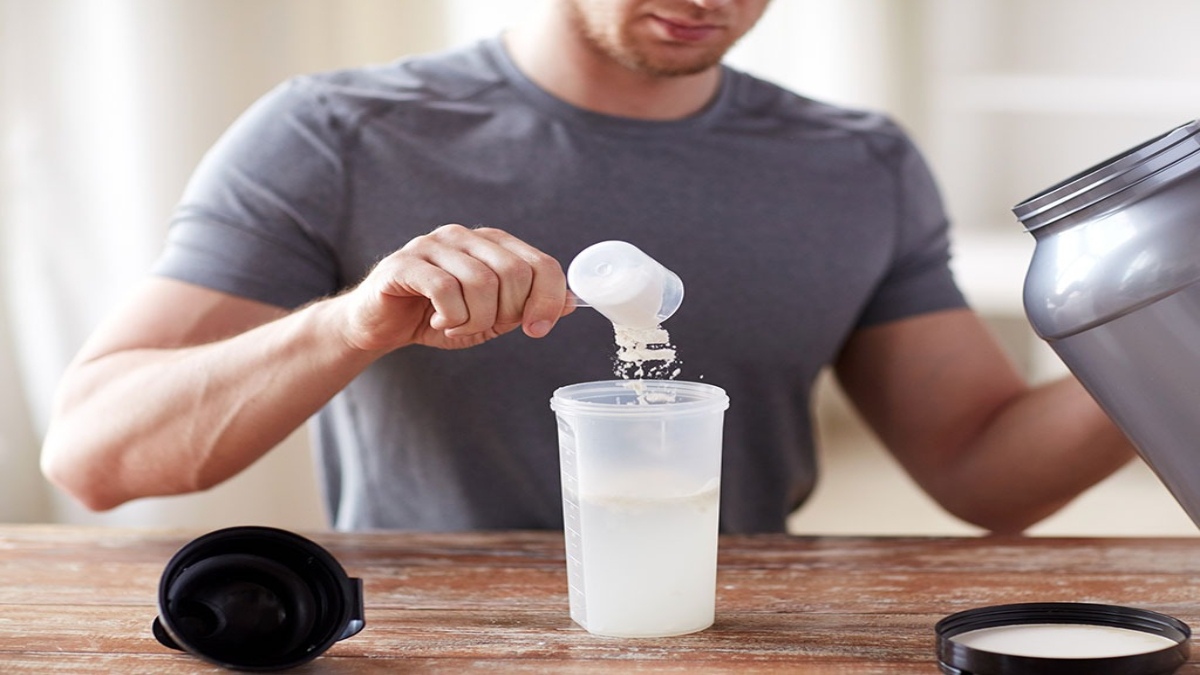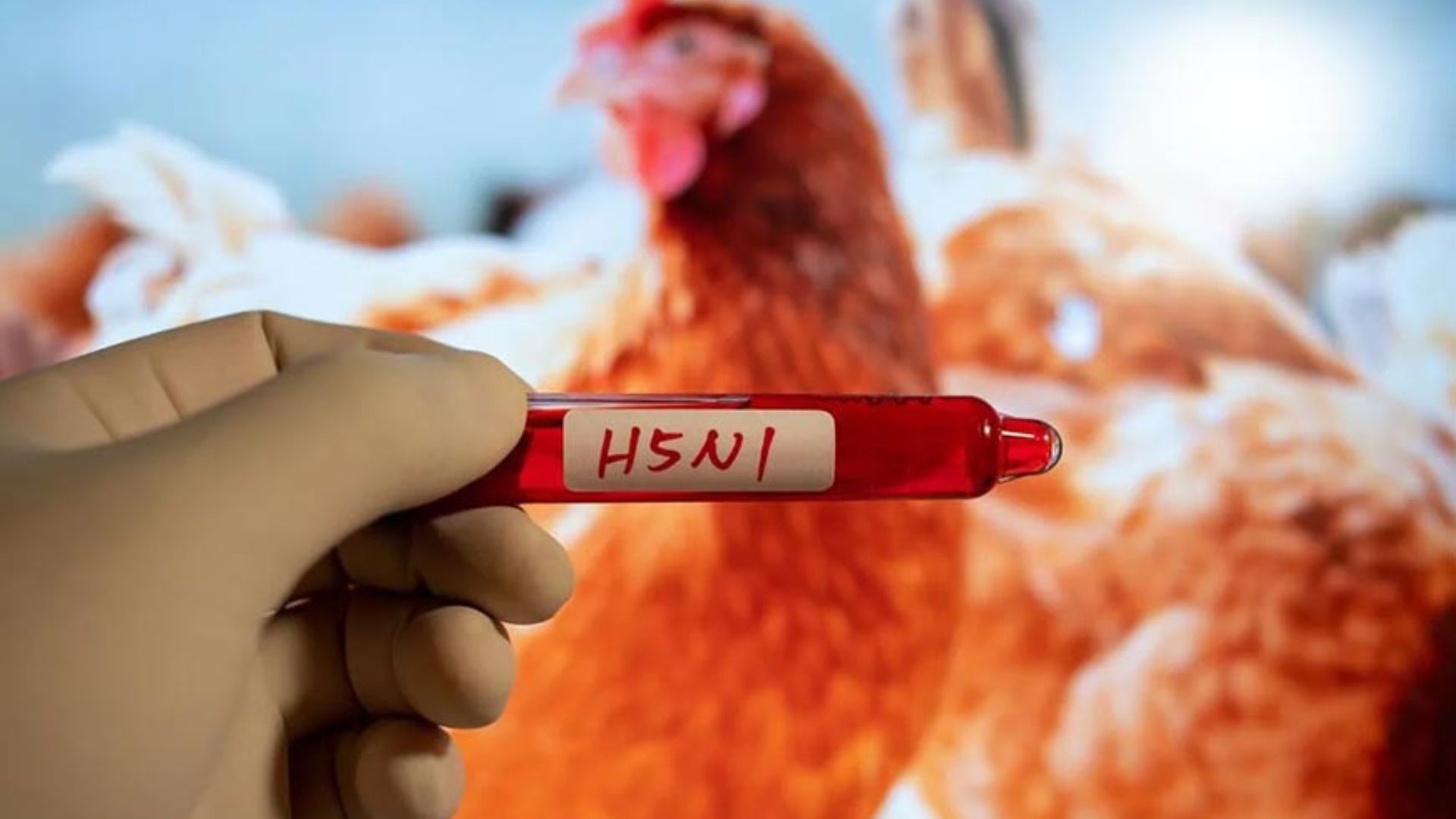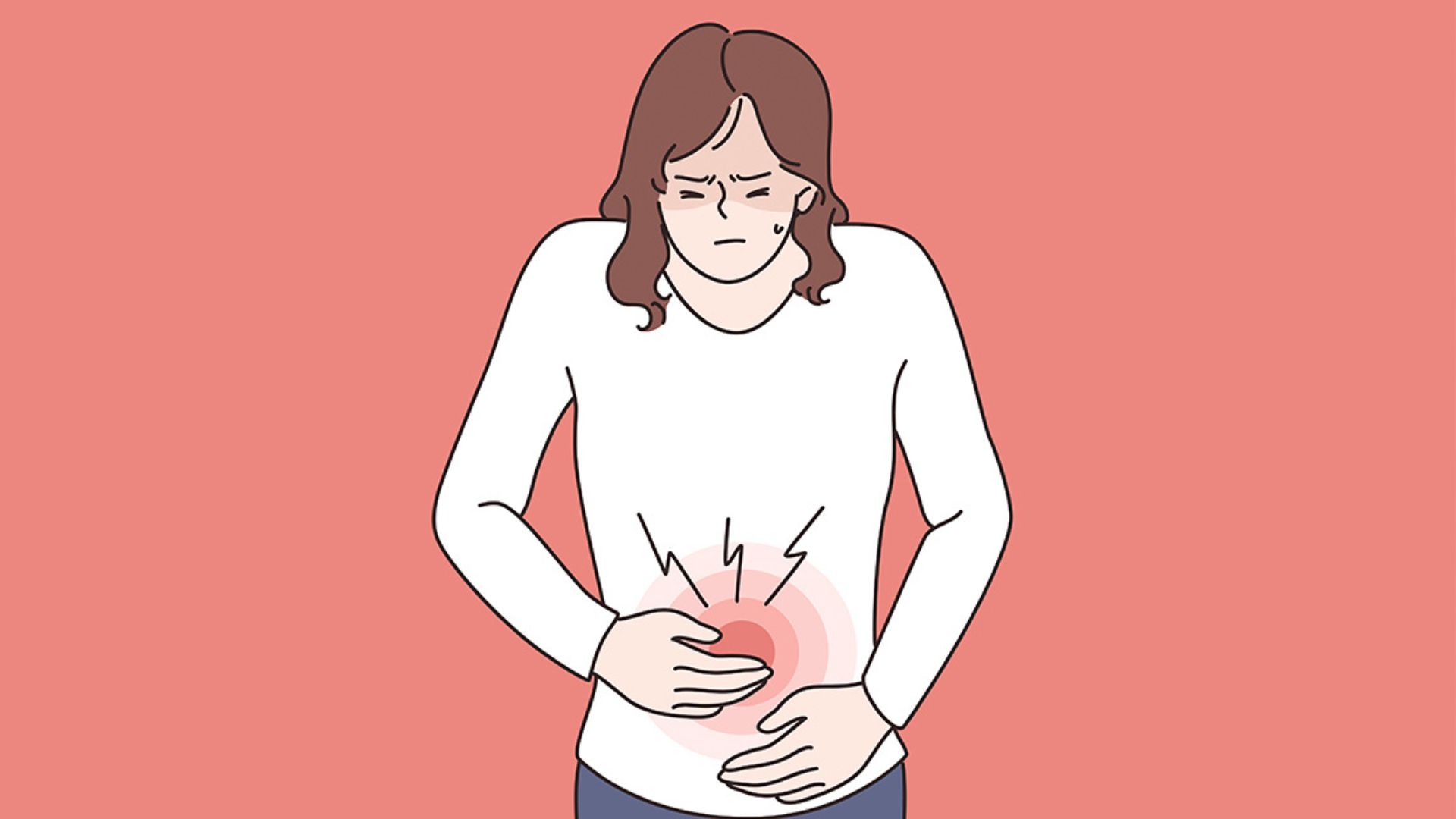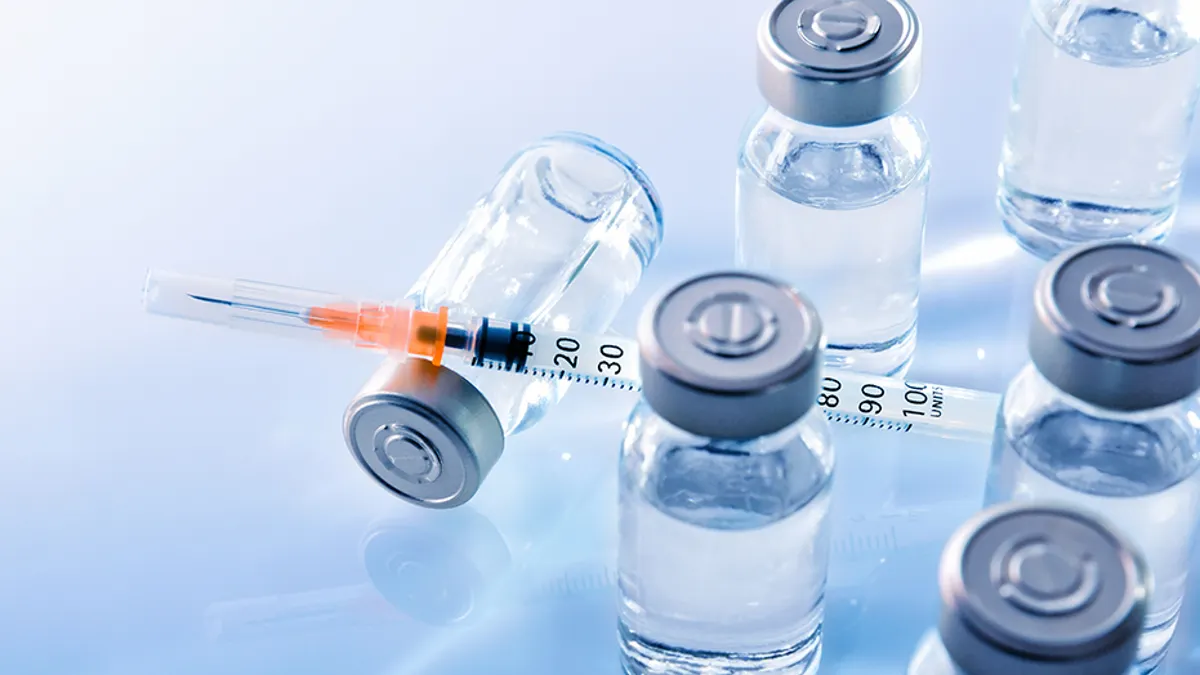Protein is an essential nutrient present in every single cell in our body and is required for the growth and repair of the body. Approximately one-fifth of our body weight is protein. The protein requirement for an adult is 0.8g per kg body weight per day for adults. You have to eat protein every day. The body can’t store protein like it can store carbohydrates and fats. The Protein Week is observed from 24 to 30 July to spread awareness about the need to incorporate protein in our daily diet.
There are many myths around protein consumption. The most common myth is protein is only for muscle development and not so important for the general population. On the contrary, protein is an essential nutrient that is key to building immunity and for growth and immunity. It is required not only for muscle but also for bone, joints, tendons, ligaments, hair, antibodies, hormones, and enzymes. The body is made of muscle mass, fat mass, bone and water. A healthy body should have more muscle mass and less fat mass. And replacing our diet with healthy proteins instead of fats and carbohydrates is the ideal way to have a healthy body.
The other common myth is intake of protein can lead to kidney damage. Most believe that taking a protein-rich diet puts loads on the kidney and damages it. On the contrary, protein is an essential macronutrient and is needed for survival. Also, the common perception is that with age one should reduce protein intake as it can damage the kidneys. Muscle loss is a natural part of ageing, and if one doesn’t take adequate proteins, it leads to reduced energy levels and low muscle strength. The recommended dietary allowance is 0.8 to 1 g /kg body weight, for a healthy adult which is around 50g to 60g per day grams daily, whereas the daily need increases during illness or increased activity level. Deficiency of protein can lead to impaired physical development, oedema, low immunity, and low muscle mass. One can meet the daily needs of protein by eating eggs, fish, dairy, legumes, meat, poultry, and nuts.
Another very common myth is intake of protein leads to weight gain. Proteins are the key to losing weight the healthy way. Taking good amounts of good quality proteins like eggs and poultry can help healthy weight loss, by increasing satiety, boost up metabolism and loss of fat mass and build-up of muscle mass. Consuming insufficient protein on the other hand can actually make it harder to lose weight. Even if one loses weight by cutting the protein, chances are that its muscle — not fat — will lose. Not eating enough protein can lead to side effects including fatigue, weakness, and a low immune system. Including protein in daily diet is essential and 10% to 15% of the total calories should come from protein. So let’s pledge this Protein Week that we all will make protein a part of our diet plan.













